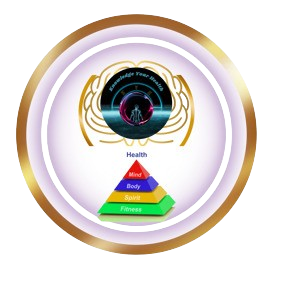Iron: The Vital Mineral for Energy and Vitality
Iron is a crucial mineral that plays a pivotal role in keeping us energetic and vibrant. It’s like the “engine oil” for our body, helping us feel lively and alert. Let’s dive into why iron is so important, how much we need, and where to find it in our food.
Why is Iron Important?
Iron is like a superhero in our body, helping in several essential functions:
1. Oxygen Transport: Iron helps transport oxygen from our lungs to the rest of our body. Think of it as the carrier that ensures every cell gets the oxygen it needs to function properly.
2. Energy Production: Iron is a key player in our energy production process. It helps convert food into energy, keeping us active and alert throughout the day.
3. DNA Synthesis: Iron is involved in making new DNA, the genetic material in our cells. This is crucial for growth, repair, and overall development.
4. Immune Function: Iron supports our immune system, helping our body fight off infections and stay healthy.
Healing Dosages of Iron
The amount of iron we need depends on our age, gender, and life stage. Here’s a general guideline:
- Children (1-3 years): 7 mg
- Children (4-8 years): 10 mg
- Males (9-13 years): 8 mg
- Females (9-13 years): 8 mg
- Males (14-18 years): 11 mg
- Females (14-18 years): 15 mg
- Adult Males (19-50 years): 8 mg
- Adult Females (19-50 years): 18 mg
- Pregnant Women: 27 mg
- Breastfeeding Women: 9 mg
It’s important to note that too much iron can be harmful, so it’s best to stick to the recommended doses unless advised otherwise by a healthcare professional.
Food Sources of Iron
Iron is found in two forms: heme iron (from animal sources) and non-heme iron (from plant sources). Here are some iron-rich foods to include in your diet:
Heme Iron Sources:
Red Meat: Beef, lamb, and pork
Poultry: Chicken and turkey
Fish: Tuna, salmon, and sardines
Shellfish: Oysters, clams, and shrimp
Non-Heme Iron Sources:
Legumes: Lentils, chickpeas, black beans, and kidney beans
Leafy Greens: Spinach, kale, and Swiss chard
Nuts and Seeds: Pumpkin seeds, sesame seeds, and almonds
Whole Grains: Quinoa, brown rice, and oats
Fortified Foods: Fortified cereals, bread, and tofu
Conclusion
Iron is a vital mineral that plays a crucial role in oxygen transport, energy production, DNA synthesis, and immune function. By incorporating iron-rich foods into your diet and following the recommended daily intake guidelines, you can ensure adequate iron intake and support overall health and well-being. However, if you suspect you have an iron deficiency or are considering iron supplements, it’s essential to consult with a healthcare professional or registered dietitian to determine the appropriate iron intake tailored to your individual needs and preferences.
